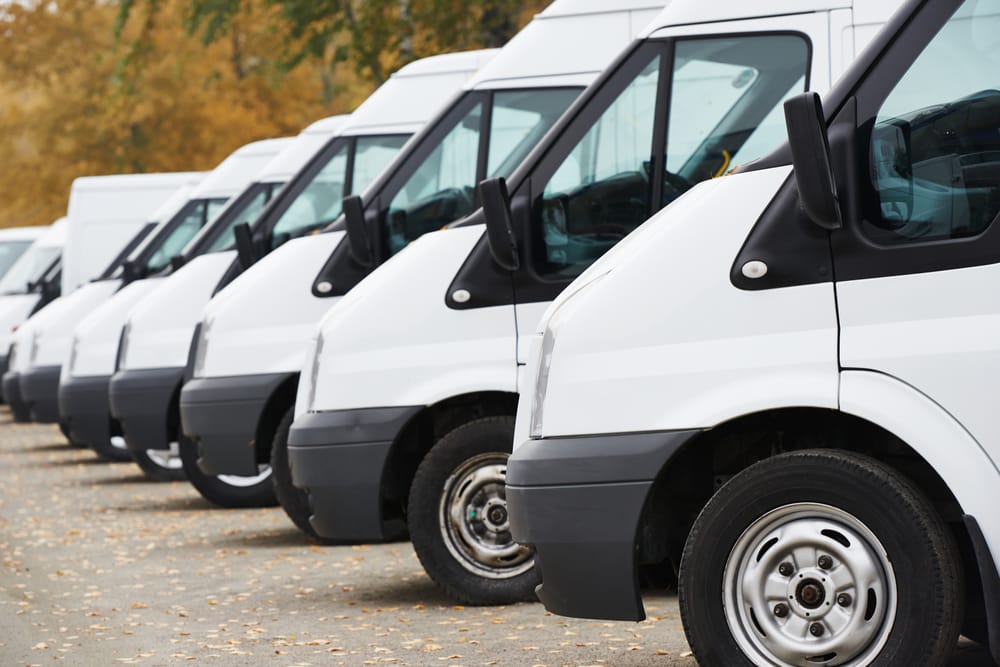
What does the future hold for fleets, and what are the strategic decisions faced by businesses that serve the fleet sector? Tony Greenidge shares some thoughts.
The corporate fleet and wider automotive sectors have proven themselves to be very resilient over the years. However, as we approach 31 October, there are a number of challenges that are likely to cause ongoing uncertainty way after Brexit has been resolved. It feels as if we are all taking part in a massive poker tournament where, using the same deck of cards, everyone is working towards the same objective but all using different tactics to get there.
Some businesses will play a tight game, sticking to what they know and patiently waiting for the right opportunity to play their strong hand, while others will be more adventurous and try to bluff or speculate their way to success. It is said that the very best poker players devise a mixed strategy that combines both styles. This may be true but, as the saying goes “it’s not about how good your cards are, it’s about how well you play them”. Many of us in the corporate fleet sector are facing that very same dilemma.
The pace of change in the wider automotive world will potentially force businesses to adopt a more adventurous approach aided, in some sectors, by technology that can reduce the traditional cost and time barriers to entry. Playing a tight game could be seen as over-cautious but, in many respects, working out how you are going to succeed in a market you already know well could be a sound strategy. Alternatively, the speculative approach might seem attractive until you lose a couple of big hands and start to run short of chips. Some businesses may have to revise their product portfolio or pricing tactics, adopting a tighter game strategy simply because they are unable to build or sustain momentum with the cards they have been dealt.
One simple example of this challenge is the transition to electric vehicles, which is simply a question of when, not if. You could be an early adopter and take some immediate benefits. Or, given the rapid pace of change, newer models adopted by competitors who have delayed their entry might offer enhanced benefits. This could be relevant to the gig economy in particular, where battery range and its link to optimising operational efficiency will be crucial.

In some sectors, businesses may have no option but to “go all in” to ensure survival. As always there will be big winners and losers along the way. For the majority, their ambition will be to adopt a hand and chip management strategy that secures a seat at the final table. This approach might not guarantee a win, but a seat at the final table will probably be enough to secure you a place at the next round of the tournament!


